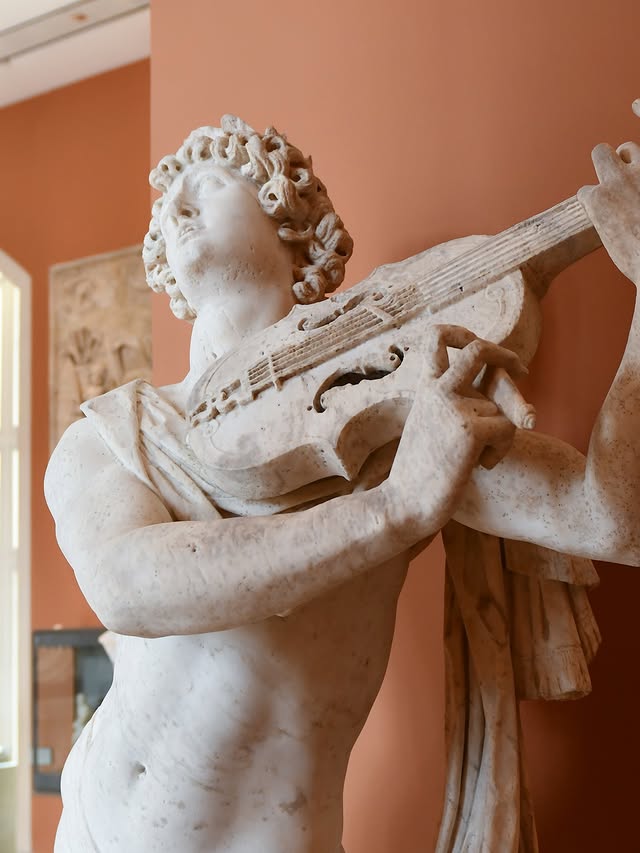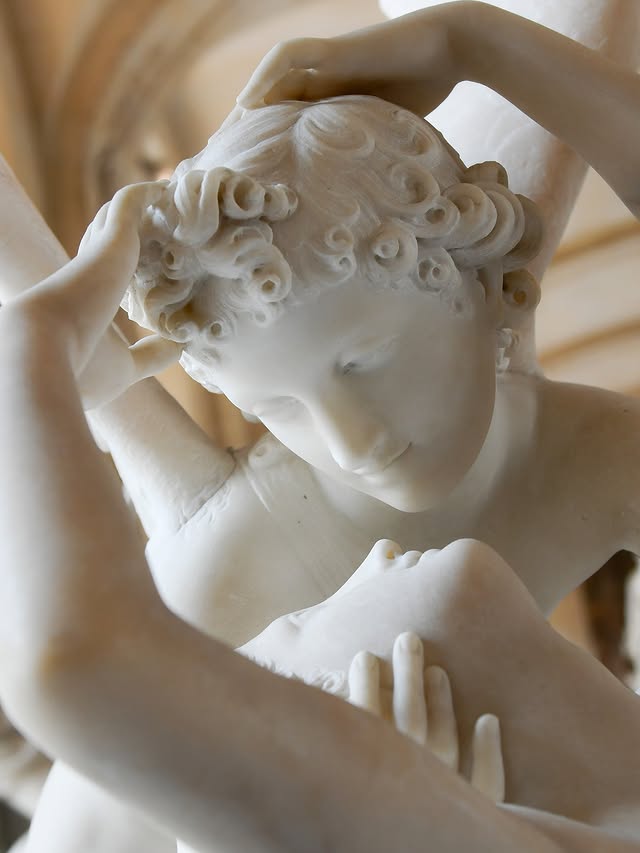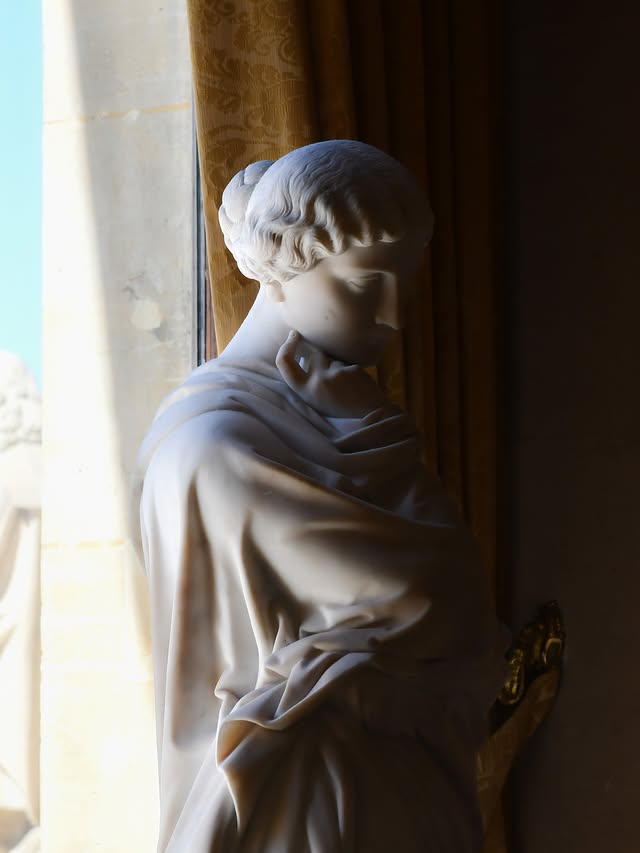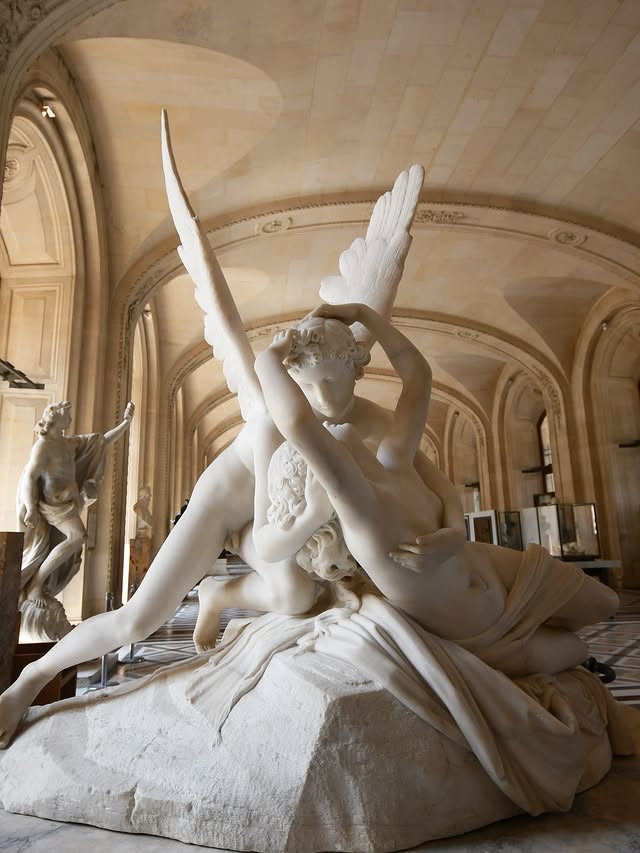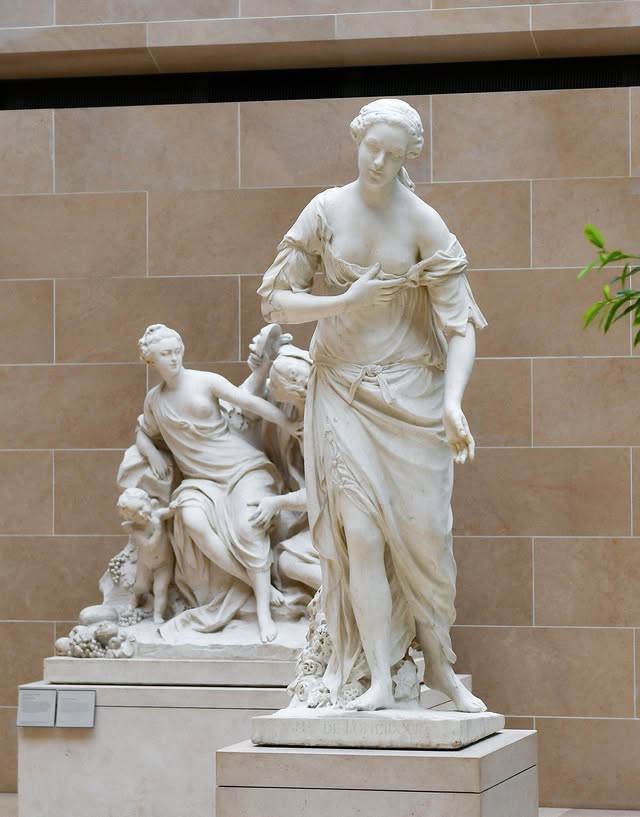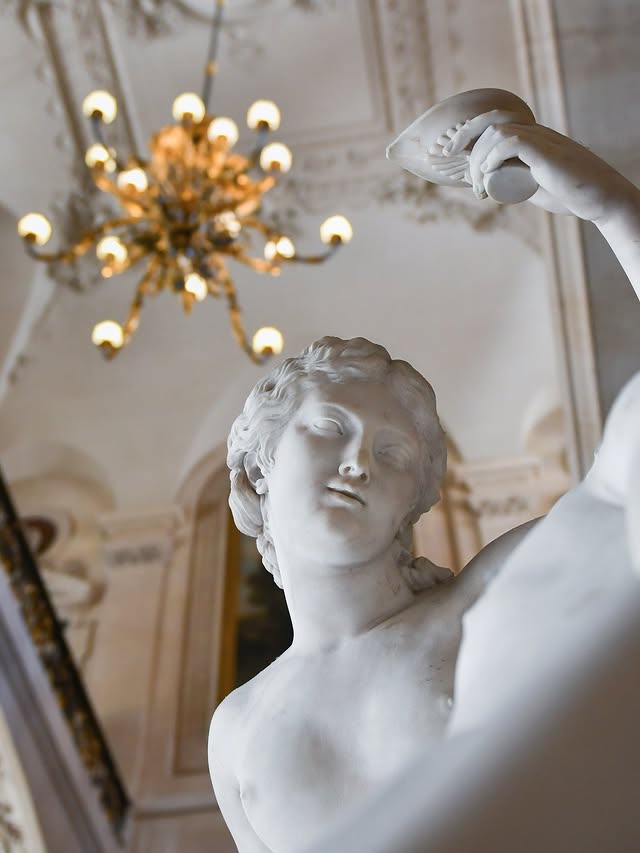∷ Thoughts of the day
“There is no theory. You have only to listen. Pleasure is the law. I love music passionately. And because I love it, I try to free it from barren traditions that stifle it. It is a free art gushing forth — an open-air art, boundless as the elements, the wind, the sky, the sea. It must never be shut in and become an academic art.”
This quote, attributed to Claude Debussy, reflects his philosophy on music as a boundless, expressive art form that should remain free from rigid academic constraints. Claude Debussy’s views on music emphasized freedom and emotional expression.
Key Concepts
Music should be experienced for its sound and emotional impact.
The idea that “pleasure is the law” guides his composition style.
Listening and emotional response are more important than adhering to academic frameworks.
Rejection of Traditional Structures:
Debussy broke away from classical forms (e.g., sonata-allegro) and harmonic rules (like strict tonal progressions), favouring free-flowing, ambiguous structures. His works often evoke moods and images rather than follow rigid frameworks.
Sensory and Evocative Qualities:
His music emphasizes atmosphere, colour, and timbre, as seen in "Prelude to the Afternoon of a Faun," mirroring the Impressionist painters’ focus on light and sensation.
Pleasure is the Law:
This phrase reflects Debussy’s belief that music should prioritize beauty and emotional resonance over academic dogma. He once wrote, "Some people wish above all to conform to the rules; I wish only to render what I can hear.”
Emotional Impact Over Rules:
Debussy criticized the over-intellectualization of music, urging listeners to experience it intuitively. His harmonies (e.g., whole-tone scales, parallel chords) were revolutionary for their time, serving expressive purposes rather than theoretical ones. Erik Satie shared a similar disdain for rigidity, but his approach was more minimalist and more ironic. Maurice Ravel, though also an Impressionist, was more structured in his compositions. Debussy exemplifies the blend of artistic freedom and rich sensory experience in music.
Cy
